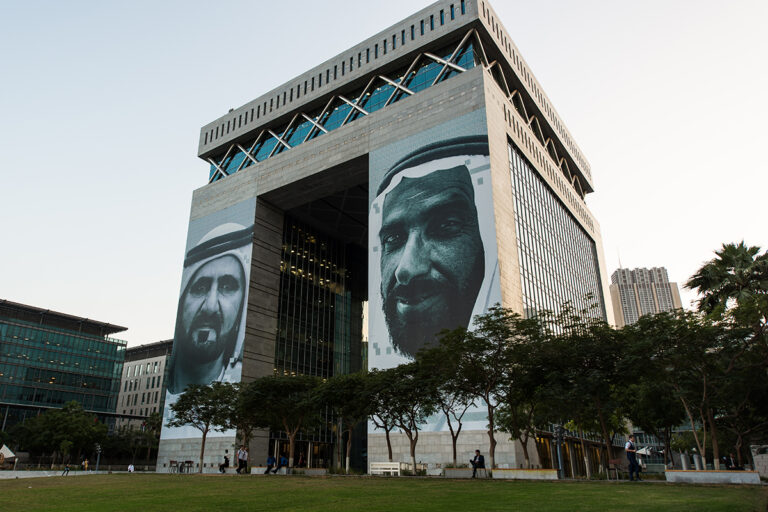Demand for wills and guardianship documents is rising in the United Arab Emirates (UAE) as new residents and long-term expatriates move to formalise inheritance plans and name carers for children, according to a leading family lawyer.
Samara Iqbal, founder of Aramas International Lawyers, told Arabian Business in an interview that her firm now fields daily instructions for wills and related documents. She links the shift to a larger pool of high-net-worth individuals (HNWIs) settling in the country after the pandemic, a growing cohort of young families, and simpler online processes at the Abu Dhabi civil family court and DIFC Wills Service Centre.
“People contact me for wills constantly. Daily,” Iqbal said. She added that both Abu Dhabi’s civil court and the DIFC now allow online appointments, which has removed what used to be a practical barrier for many clients who struggled to bring witnesses to in-person slots during working hours.
Iqbal said the most powerful driver is practical risk. When a resident dies in the UAE, bank accounts are typically frozen until a succession process is completed. Without a locally recognised will or powers of attorney, surviving spouses can face months of delays before gaining access to funds or transferring assets. Guardianship can be more complex still for expatriate families if parents have not named temporary and permanent guardians in a UAE instrument.
“It is not just about money. If something happens tomorrow you cannot assume a relative can immediately collect the children,” she said, noting that authorities need clear legal authority before handing over minors. Iqbal said she advises clients to name a trusted friend as a temporary guardian in the UAE while longer-term carers travel from abroad.
She also warned that relying on a foreign will alone can prolong proceedings. Bringing a will from another jurisdiction into effect in the UAE often requires attestations and can be rejected, she said. By contrast, a locally registered will can be presented to the court that issued it, followed by bank or land department processes to complete transfers.
Costs, she said, are modest relative to typical property or business transactions. Most firms charge about AED5,000 to 10,000 to prepare and register a will, with fees lower when families complete multiple documents at once. Iqbal’s firm arranges urgent appointments and handles translations and filings for clients who cannot attend in person.
The trend is visible among young couples as well as older residents. New parents often prioritise guardianship clauses and emergency access to funds. Entrepreneurs and investors focus on share transfers and continuity plans in case a partner dies. Families who have recently arrived seek clarity on what happens to local accounts and Dubai or Abu Dhabi property if a spouse passes away while the other is overseas.
Iqbal said civil processes have become more accessible. She described the Abu Dhabi civil family court as “secular” and English-friendly, with translators available. She added that its application forms do not ask for religion and that appointments can be completed remotely. DIFC wills, which once required in-person attendance with witnesses, also run via online sessions.
Casework reflects the stakes when documents are missing. Iqbal cited matters where a widow and adult child spent months assembling papers from overseas to release funds, and another where a student could not apply on her own because she was under 21. In both examples, she said, a locally registered will would have simplified access.
For globally mobile families, Iqbal advised that they formalise wishes in the UAE, name guardians who can step in immediately, and ensure spouses have access to independent funds if accounts are frozen during probate. Many clients keep a UAE-specific will alongside a home-country will to avoid cross-border confusion.
“Legal awareness is a core life skill,” she said. “People spend millions on property and companies. A will is not expensive. You do it once, and it saves a year of red tape for your family.”

